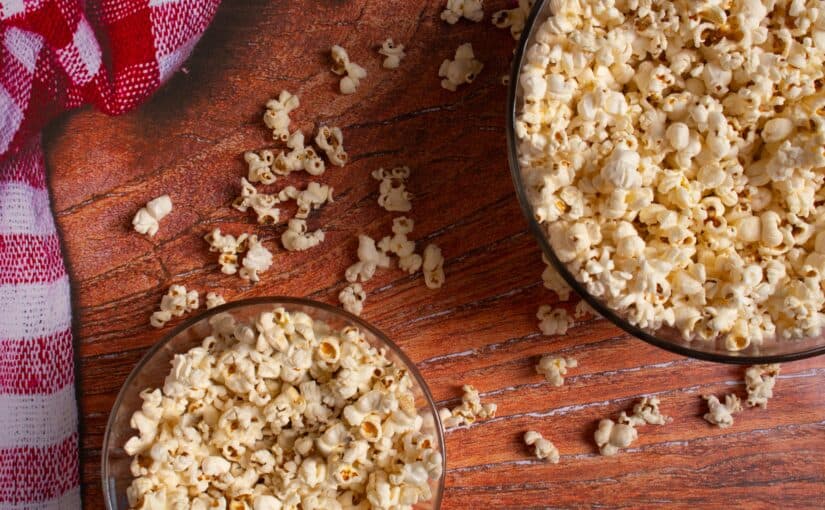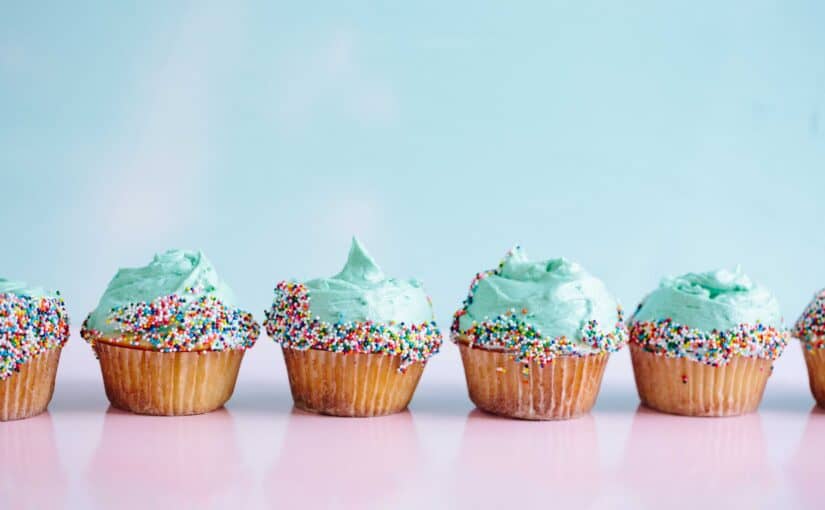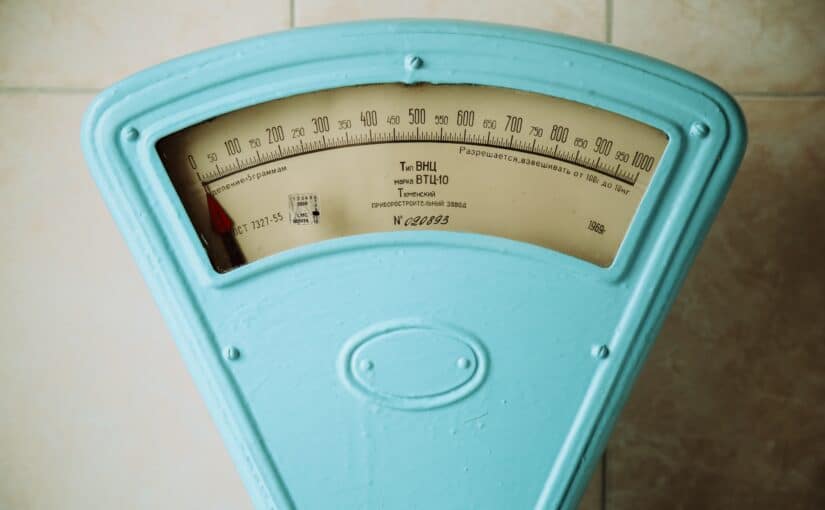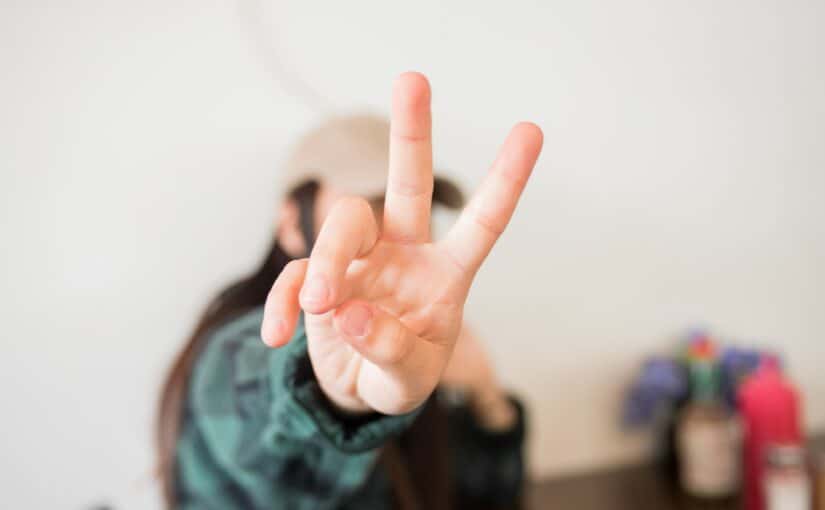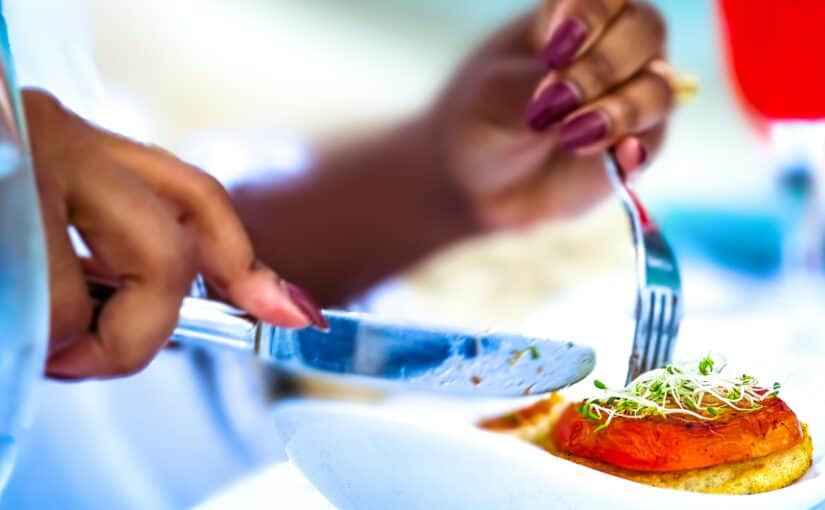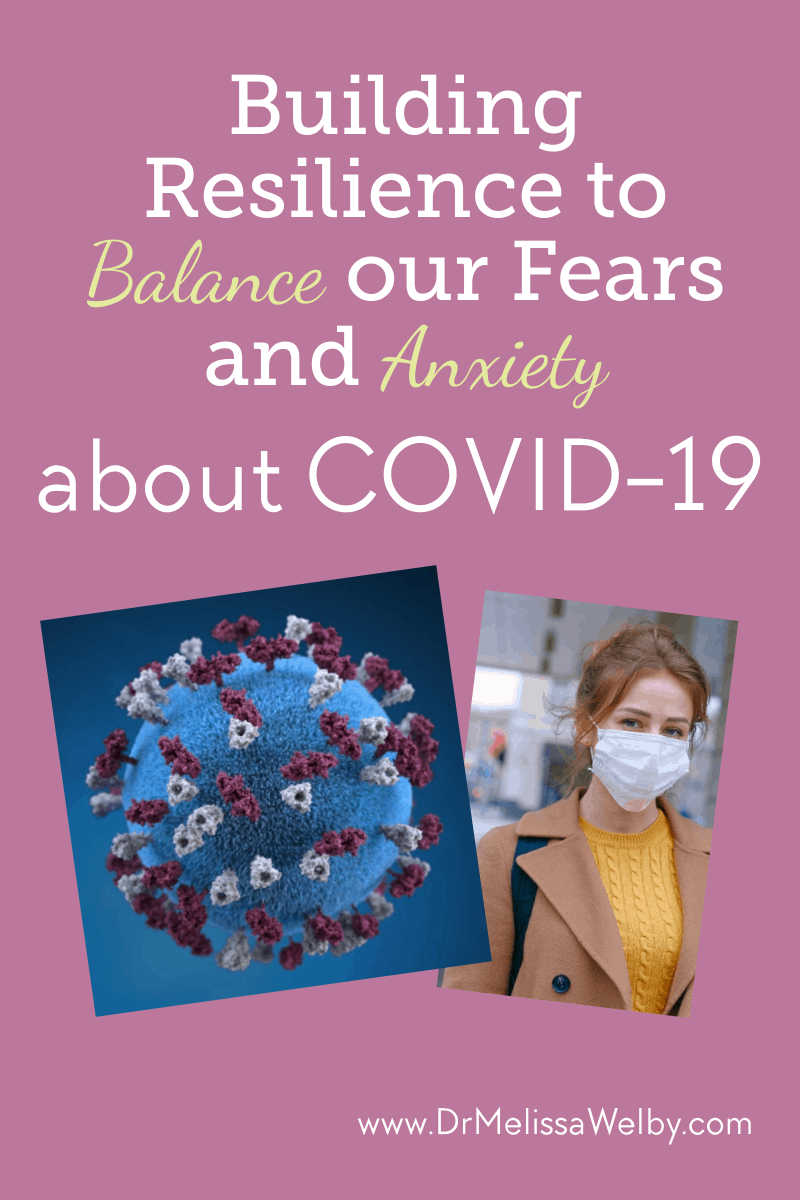Unlike Halloween and special events that come yearly, every 24 hours brings with it nighttime… and an opportunity to struggle with craving food and nighttime snacking. A daily cycle can develop where people wake up, relieved that it’s a new day, determined to eat differently. But as soon as dinner is over, and there is time to sit on the couch to relax, the desire for late-night snacking kicks in. Add on fatigue to make managing food cravings and mindless eating feel impossible to overcome. Nighttime can be so hard!
Author: Melissa Welby, MD
Food Cravings and Shame: A Perfect Storm of Emotional Eating and Discomfort
Do you “sneak” a piece or two (or many more) of candy at Halloween? Or a slice of cake at a birthday party? Does the desire for a late-night snack turn into a spiral of emotional eating and overeating? Guilt and shame around eating something we feel we shouldn’t prevents us from actually enjoying the item we desire. To make matters worse, guilt and shame can then drive additional food cravings. These “secondary cravings” are no longer about the original simple desire to eat the food, but instead use food to numb the uncomfortable feelings. This pattern of an adversarial relationship with food can be a hard to break!
Shifting the focus from diet and weight loss towards improving overall health
If you starve yourself to be thin will this make you healthier? Can a number on the scale determine an individual’s health status? Health and weight are related concepts that can directly affect each other, but it’s overly simplistic to think that weight decides an individual’s health. Studies often site “weight” as the culprit for many of the world’s health problems but given the multitude of variables that are difficult to control, it’s hard to prove a particular number on the scale is the key factor. Yes, unhealthy behaviors will lead to weight gain, and there are many people who have weight-related health problems. But not everyone with extra weight is unhealthy.
5 Steps to Body-Positivity and Self-Love: Changing the Negative Self-Talk
In a society enthralled with selfies, surrounded by images portraying what appears to be the “ideal” body size and shape, it’s easy to feel negative about the parts of our appearance that fall outside this cookie-cutter standard. Instead of celebrating differences, body-positivity, and focusing on health; the number on the scale can become the deciding factor for mood and self-worth. Negative self-talk and self-loathing don’t help. Food ends up being viewed as an adversary instead of a life-sustaining and nurturing gift to be enjoyed. Instead of being amazed at the way our body works and how nourishment helps it function, a complicated pattern develops that can include food restriction, mindless eating, cravings, shame, self-loathing, and overeating. No one wins in this trap and stress only makes it that much more tricky. Positive self-talk and self-love are possible!
At war with ourselves: Tools to improve your health and stop fighting the weight-loss battle
Why go to a war that is being fought for the wrong reasons with an outcome that is outside of our control? How did the world start believing the complexities of health can simply be boiled down to a number on the scale? Not only are we missing the tools we need to actually make a difference in the weight loss struggle and improve health, but we are measuring success with unrealistic, and often unattainable, expectations. There isn’t any diet that will fix this problem. Intuitive and mindful eating can.
The Keys to Ending the Weight Loss and Body-Shaming Struggle: Mindful and Intuitive Eating
Consuming food on the run is a skill I have mastered. Never one to sit for long, fitting eating around other priorities is a pattern “perfected” while in medical residency when the choice was to consume a granola bar while fast-walking or lose my chance to eat at all. Intuitive eating was definitely not a concept I considered. This pattern of mindless food consumption is a recipe for trouble, yet many of us fall into it to accommodate the daily, frantic lives we lead. Without mindful eating, we aren’t in-tune with our body enough to provide it with the nourishment it needs and wants. In a world that is too focused on the numbers on the scale rather than overall health, this disconnect from the body can pave the way for extreme dieting, eating disorders, and body shaming.
How to Stay Positive During Quarantine: Fun Distractions to Lift You Up
If eliminating self-care could cure or prevent COVID19 infections, I wouldn’t be writing this post. Running ourselves into the ground won’t end the tragedies resulting from the coronavirus pandemic. Quite the contrary, prioritizing our health, taking part in enjoyable activities to help us stay positive during quarantine, and making time for meaningful connections will minimize the emotional destruction. Many of us are feeling short on ideas of things to do during quarantine that will assist us in staying positive. Or we lack the extra energy required to figure out how to stay positive. Here is the list for you!
Building Resilience to Balance our Fears and Anxiety about COVID19
Beyond handwashing, wearing a mask, and keeping a physical distance from others to minimize the risk of COVID19 infection, building resilience can help us manage the stress and carry us forward to the time when life eventually returns to “normal.” Anxiety about COVID19 can become all-encompassing and overwhelming without intentional efforts to balance our fears. Bonus: Increasing resiliency can be fun and doesn’t result in dry, cracked hands!
Gifts Brought by the COVID-19 Virus: Connecting with Others, Resilient Reminders, Recovery, and Hope
This crisis has painfully peeled away some of life’s superficial layers, helping us see what matters. People feel vulnerable, and life seems more fragile…because it is. Surprisingly, the coronavirus pandemic that has changed our world, bringing fear and devastation to many communities, has also delivered a few gifts. How ironic that the COVID19 virus that drives people apart, scattering people into their homes, and keeping them standing 6 feet away with faces covered by a mask, has also been the conduit for bringing people together. Connecting with others reminds people they are resilient, supporting recovery and hope.
Resilience During COVID 19: Managing the Stress of Coronavirus and Finding Inspiration in a Time of Crises
COVID 19 has brought with it an enormous amount of uncertainty, and our world seems to have changed overnight. Previously familiar parts of life now seem strange and even disorienting (like driving through downtown on a gorgeous Saturday and seeing stores shuttered and no people). Reports of tragedy and sickness surround us, and fear can take over if left unchecked. Managing the stress of coronavirus is made easier by finding inspiration and sources of hope which help us build resilience during COVID 19. When this is over, I wonder how long it will take for hugging friends and standing next to strangers to seem normal and devoid of thoughts about social distancing and virus transmission.

